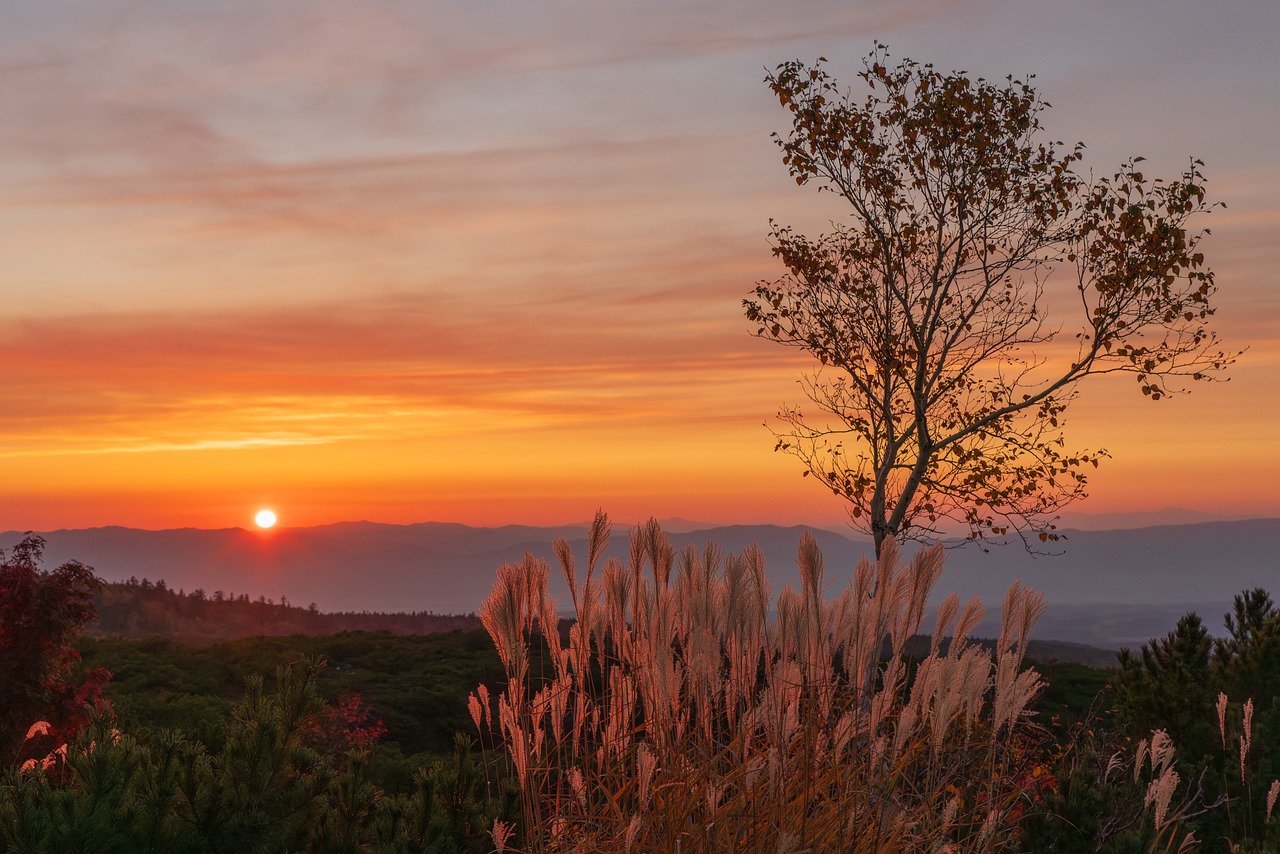Epona – The Celtic Equine Deity
A sacred offering has been prepared for you, revered Mother. This animal, chosen as a sacrifice, is dedicated to you, Epona, horse goddess. This offering, intended for your satisfaction, also honors Potia. We present it in reverence to you, ensuring your contentment. Through this sacred sacrificial act, swift Epona, we honor you with a filly, invoking the blessings for the purification of our riding horses, as you command, Dibonia, for whom we cleanse these steeds. This swift mare, this vessel of transformation, alongside the nourishing cauldron.
This sacrificial dedication was discovered in 1887 at Rom (Deux-Sèvres), inscribed on a thin lead plate in Latin, tracing back to approximately the first century BCE. Dr. Garrett Olmsted, who has undertaken its translation, notes the similarities between this inscription and a Vedic hymn addressed to Indra.
Known as the Great Mare, Epona is primarily regarded as a Goddess of Horses with strong ties to the Gauls. Although she holds a significant status, the details surrounding her life remain largely obscure.
Regrettably, the tales and myths once cherished by the Gallic Celts have vanished over time. The narratives we have about the British Celts were chronicled by early Christian monks, leading to a loss of indigenous stories. However, the Gauls did leave behind a rich array of inscriptions and monuments, which serve as the primary evidence of Epona’s revered status.
One enduring legend regarding Epona’s origins includes an account from a later Greek writer, Agesilaos, who described her birth to a mare and a man named Phoulonios Stellos. Choosing to reject women, he instead mated with a mare, resulting in the birth of a spirited daughter named Epona, who became the goddess of horses. In most Celtic traditions, the act of naming carries immense weight for one’s destiny. Epona’s naming by her mother suggests that the mare might have possessed a divine essence, indicating that Epona could be seen as a continuation of a previous horse goddess.
Miniature representations of Epona have been discovered in stables and barns across Europe. Carvings have been found where a small statue of the goddess was often left adorned with roses or a mare’s head. The German legions created plaques portraying her in human form, often accompanied by foals. Commonly, Epona is depicted as a woman, either mounted on horses or surrounded by them. In certain representations, she resembles the Great Mother Goddess, often with a cornucopia symbolizing prosperity and fertility. Some artworks portray her with keys, potentially linking her to the underworld, and with birds, which often symbolize an idyllic afterlife. The Uffington White Horse stands as one of the largest remaining monuments associated with Epona in Britain, although it remains uncertain if it was directly linked to her worship.
Epona stands out as one of the rare Gaulish deities whose veneration spread throughout the Roman Empire. This diffusion likely occurred as Roman cavalry units stationed in Gaul adopted her as their patroness, especially since many cavalrymen hailed from Gaul, renowned for their equestrian skills. Epona was carried to Rome, where she received a dedicated feast day on December 18. Revered as Epona Augusta or Epona Regina, she was invoked on behalf of the emperor, even possessing a shrine in the Imperial Bodyguard barracks.
Evidence suggests that Epona may have connections to themes of sovereignty alongside her role as the horse goddess, relating her to fertility and the land. Her invocation on behalf of the emperor hints at some correlation to rulership, with equestrian symbolism often tied to governance. Certain kingship rituals historically involved a king mating with a mare, followed by the mare’s sacrifice, sometimes necessitating the king to bathe in broth made from the mare. There are numerous deities associated with horses, but few have such a profound connection to the land as Epona, who transcends her identity as a horse patroness to embody the essence of land, fertility, rulership, and perhaps guidance to the underworld.
To me, Epona embodies the protector of all journeys, encompassing the physical, mental, emotional, and spiritual realms. She is the goddess of the land and its rhythms, the embodiment of abundance in all dimensions. Epona is my maternal figure, my kin, and my companion. I can sense her presence, offering safety and resilience for each day. Her influence is evident in every fresh green growth of spring and every harvest of autumn. I hear her in the gentle rustle of leaves and the flowing melody of streams. She is truly the Great Mare!
[Keywords] Epona, Celtic Goddess, Horses [/Keywords]
[Title] Epona: The Divine Equine Goddess of the Celts [/Title]



